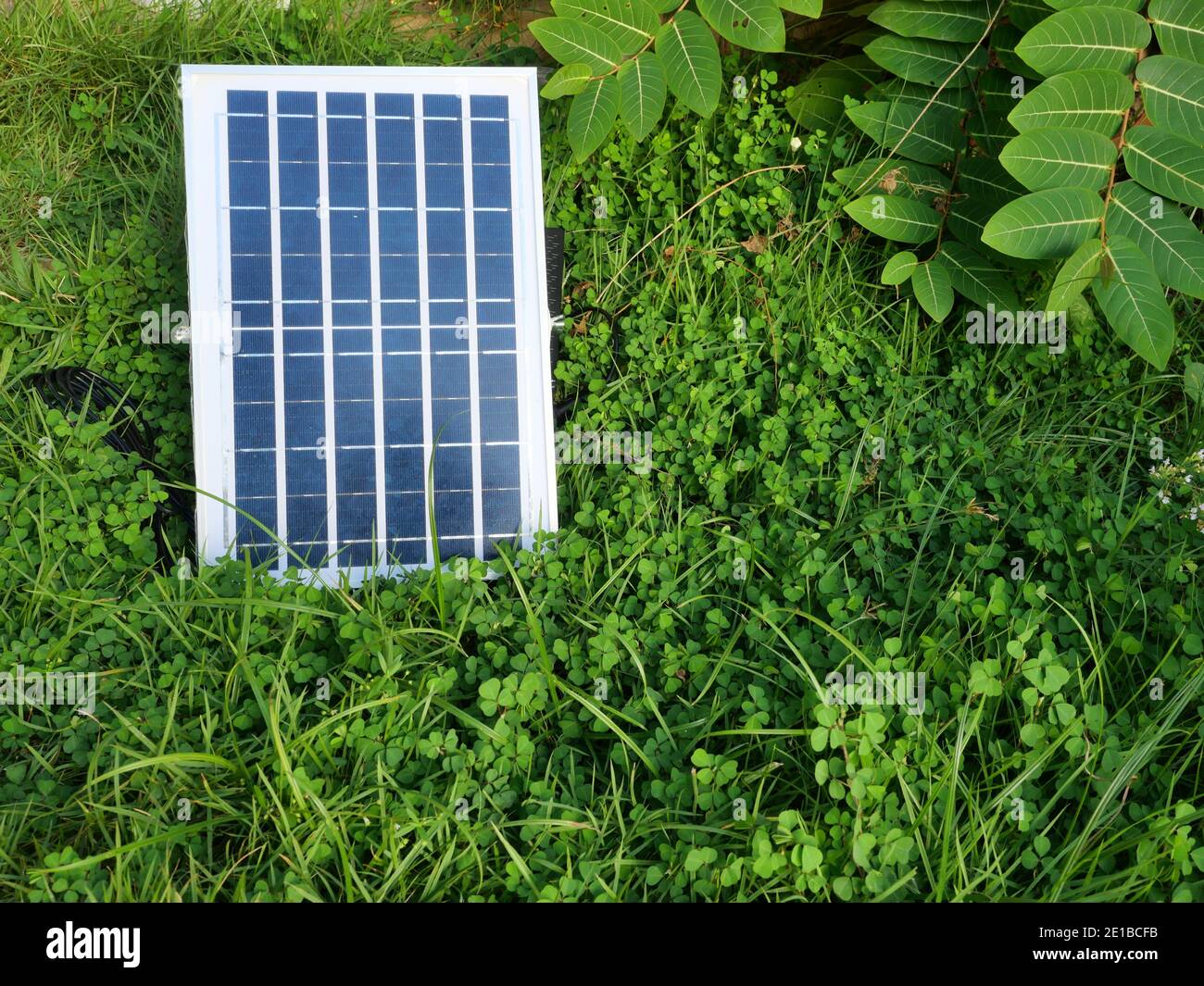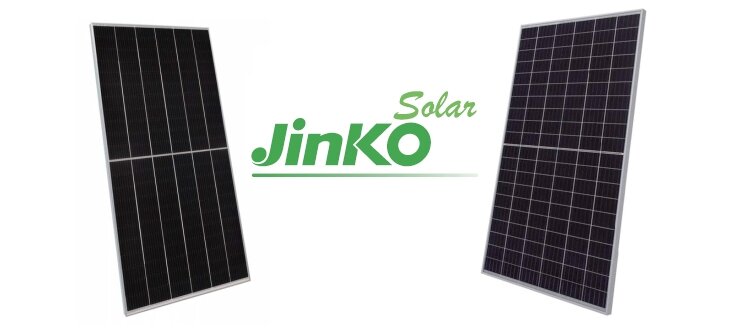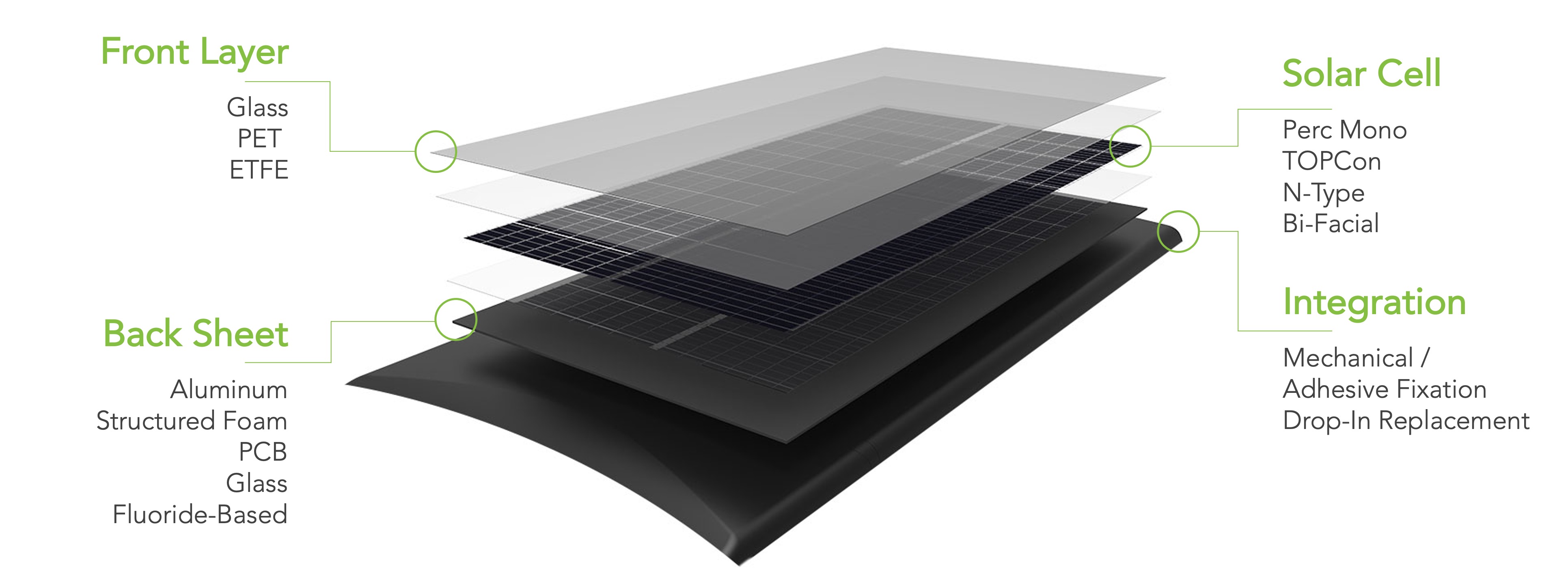
A sustainable definition of energy is a way to provide and use energy that meets our current needs while minimizing harm to the environment. It takes into account economic, social, and environmental factors. In essence, sustainable energy is energy that meets all our needs without compromising future generations' ability. In addition, it must be environmentally safe and economically affordable. This definition is a very broad one, and there are many different definitions.
Sustainable energy is energy supply and consumption that reduces damage to the environment
Sustainable energy is an energy source that produces and uses energy in a way that does not harm the environment. This type of energy is both free and renewable and comes from sources that are not harmful to the environment. Many renewable energy sources can be considered sustainable. They are all abundant and easily accessible.
Sustainable energy sources include solar, wind, water, and geothermal energy. They can be replenished in a person's lifetime and don't cause long-term environmental damage. Alternative energy sources like geothermal and advanced composites are also sustainable.

It includes considerations of environmental aspects
Energy sustainability involves considering the environmental impacts that can impact the production and usage of energy. Reduced material inputs can help improve energy efficiency, and lower life-cycle carbon emission. It is important to consider resource efficiency. According to estimates, the world's consumption of primary materials will more than double by 2050. Renewable energy sources can help reduce demand and protect the environment.
Sustainability in energy also includes considerations of economic and social aspects. In general, renewable sources are more environmentally friendly than fossil fuels. However, not all renewable energy projects are created equal. It is also important to determine whether a technology can be adopted in a community. This can impact its benefits and costs.
It encompasses both social and economic aspects.
Energy sustainability is a multifaceted concept. It encompasses socio-economic and environmental aspects. All of these aspects are interconnected to help us achieve a more sustainable energy future. Energy is the lifeblood of society, and a sustainable supply is essential for achieving SDGs including poverty eradication, improved health and education, environmental protection, and industrial development.
Social and economic aspects of energy sustainability interact to promote efficiency and reduce pollution. Together, they encourage renewable energy, green technologies, as well other ways to reduce our energy consumption. They encourage environmental justice, global stewardship and respect for natural resources.

It is economically viable
The energy sustainability of buildings can be enhanced through a range of technologies. These include the use passive technologies and renewable energy resources. Many factors will impact the success of these measures, including culture, lifestyle and behavior. The introduction of district energy systems can help improve the sustainability of buildings' energy consumption. These systems use both conventional and renewable resources to generate power and can cover a wide geographic area.
It is essential for every day of human life. It's used in a variety of ways, including lighting, heating, cooling and transportation. These services cover the entire energy lifecycle, from obtaining energy sources, to converting them, transporting and storing them, as well as all aspects of their storage. These services allow for a decent standard living and help to support societal development.